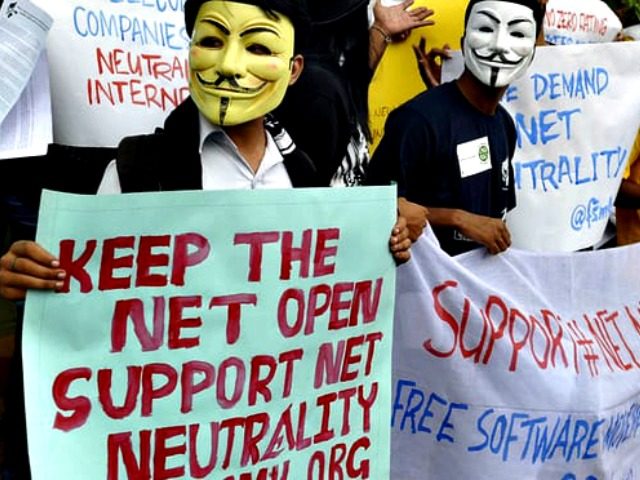California’s heavily amended “Net Neutrality” legislation passed out of committee this week and moved to a final floor vote as the clock ticks down on the August 31 fiscal year deadline.
Sponsored by Sen. Scott Wiener (D-San Francisco), the SB-822 Communications: Broadband Internet Access Service bill has sustained given major amending rounds, but now seems poised to pass the full Senate and be signed into law by California Gov. Jerry Brown over the next eight days.
Internet Service Providers (ISP) such as Verizon, AT&T, and Comcast argue that SB-822 will not survive a federal court legal challenge on constitutional grounds and it will hurt low-income Californians.
But proponents claim Net Neutrality is needed to ban ISP from blocking and throttling Internet traffic. (Ironically, some of the worst censorship of content today is practiced by the same tech giants — like Google — who backed Net Neutrality.)
In addition, SB-822 would prevent mobile providers from competitively favoring their own offerings through “zero rating: unlimited data-cap use, according to SiliconValley.com.
One major impact of Net Neutrality at the federal level — until it was repealed by the Trump administration — was that ISPs were forced to provide free search engine access. With Google accounting for 64 percent of all Internet searches, “Net Neutrality” was essentially a transfer of wealth to Google.
With victory near, Evan Greer, deputy director of Fight for the Future, a pro-Net Neutrality group, told Digital Media News that his organization would retaliate against anyone opposing the bill: “Let me say this in no uncertain terms: any California legislator who stands in the way of net neutrality will regret it for the rest of their political career.”
Greer added that it was embarrassing for the Democratic Party that Net Neutrality activists had been forced to fight to pass their legislation “in a state with a supermajority of lawmakers from a party that professes to love the free and open Internet.”
Oregon, Vermont, and Washington have already enacted their own state-level “Net Neutrality” rules, and several other states are working on similar legislation.

COMMENTS
Please let us know if you're having issues with commenting.